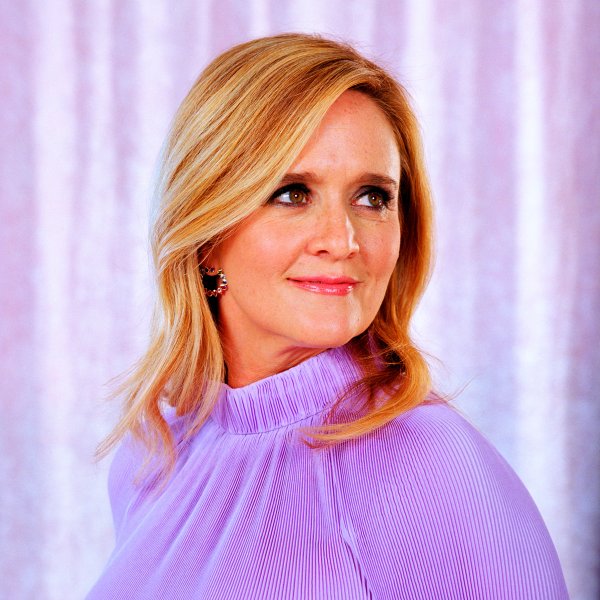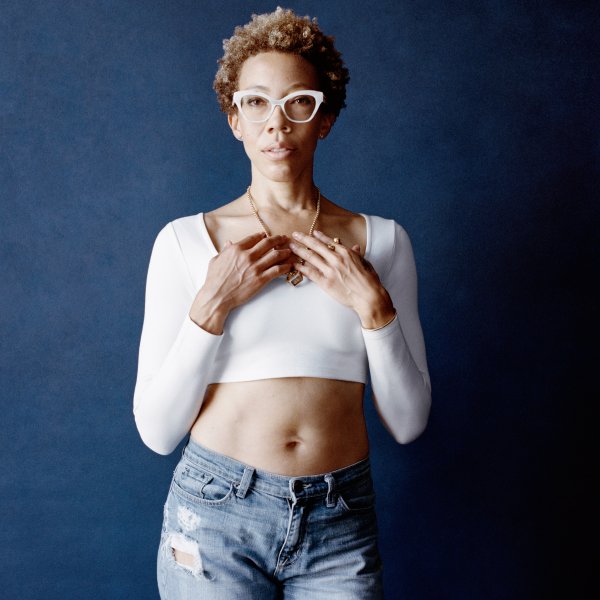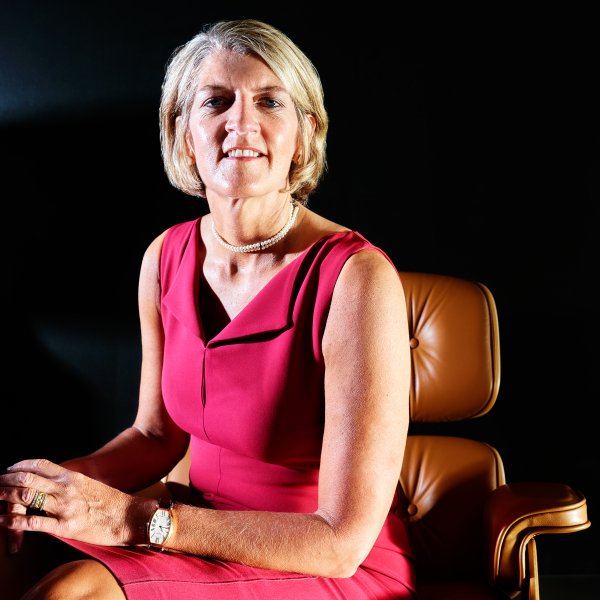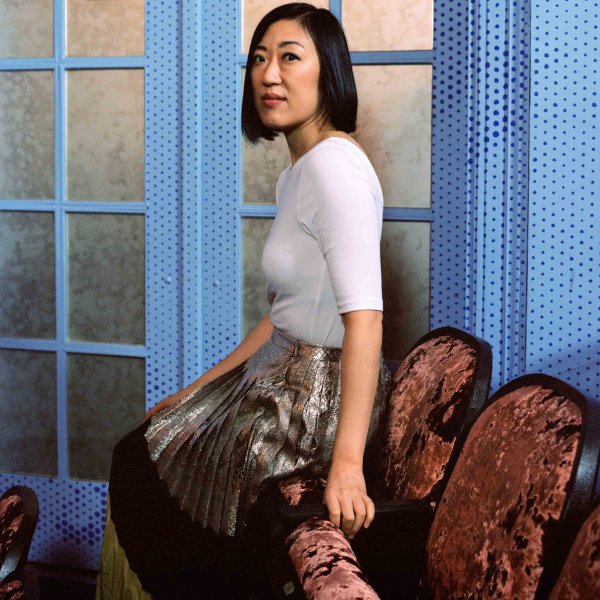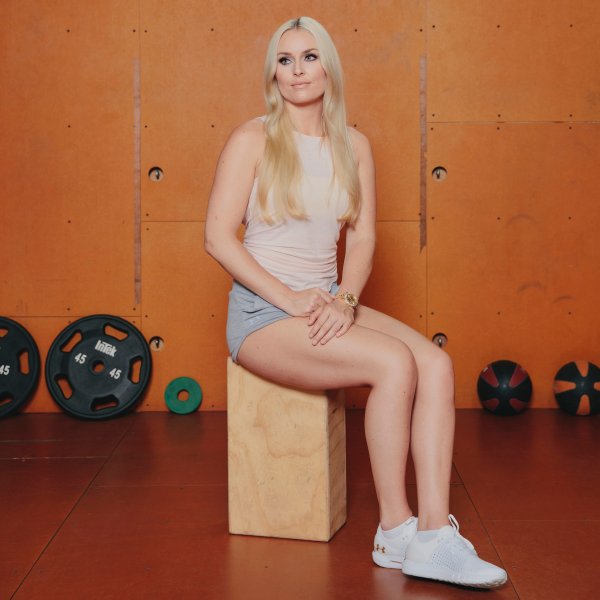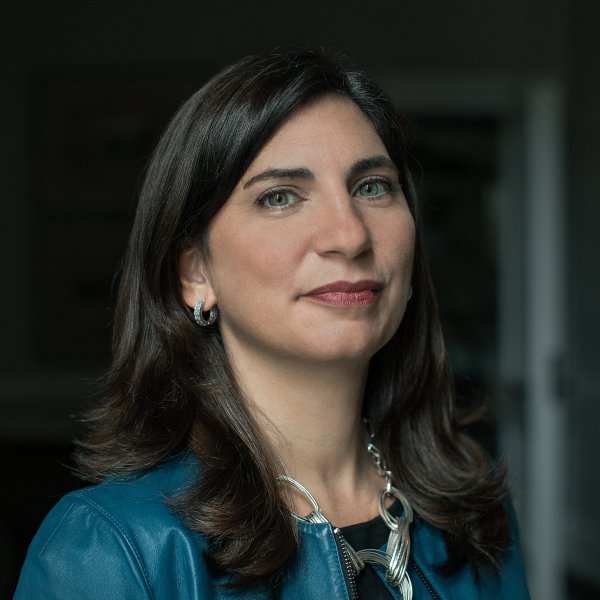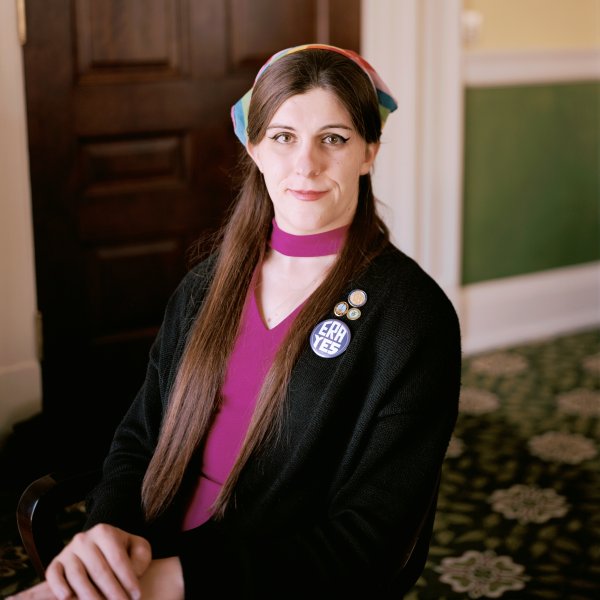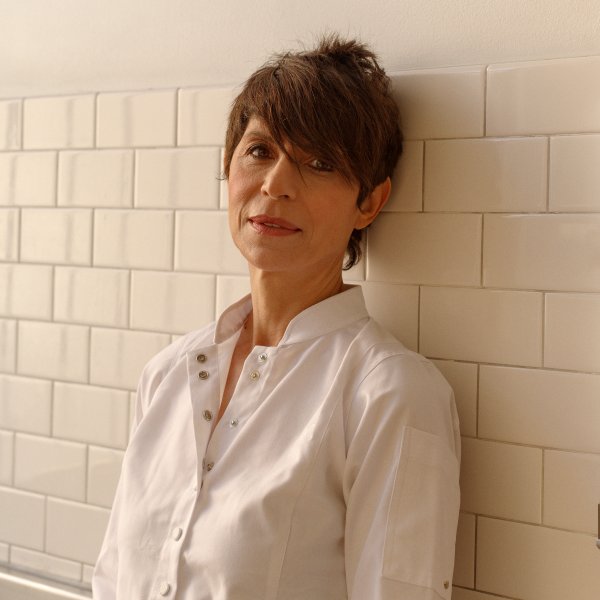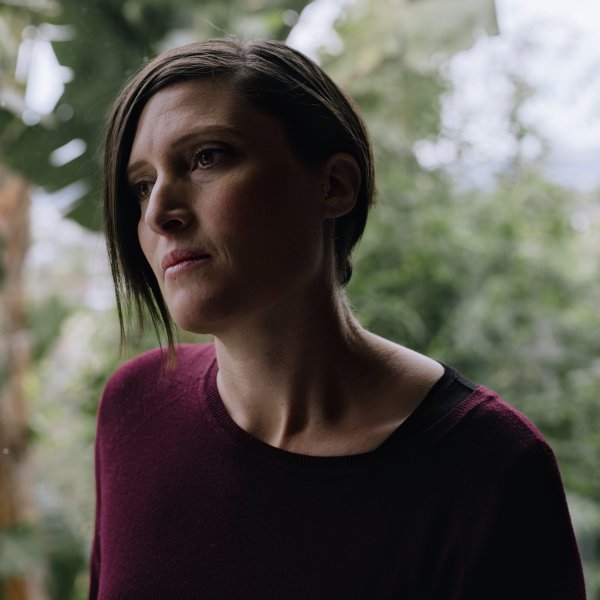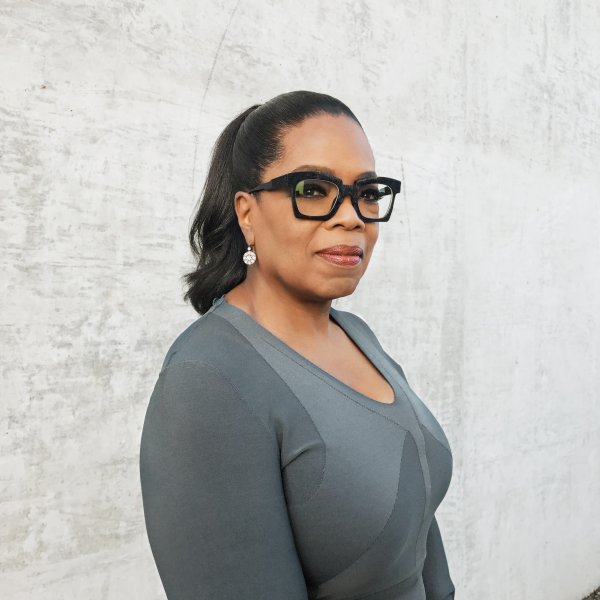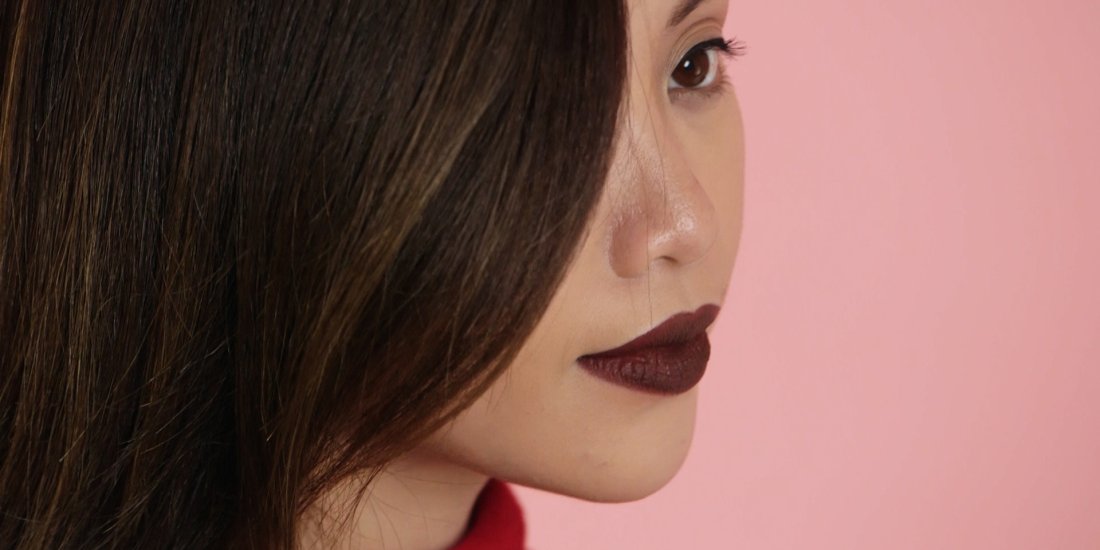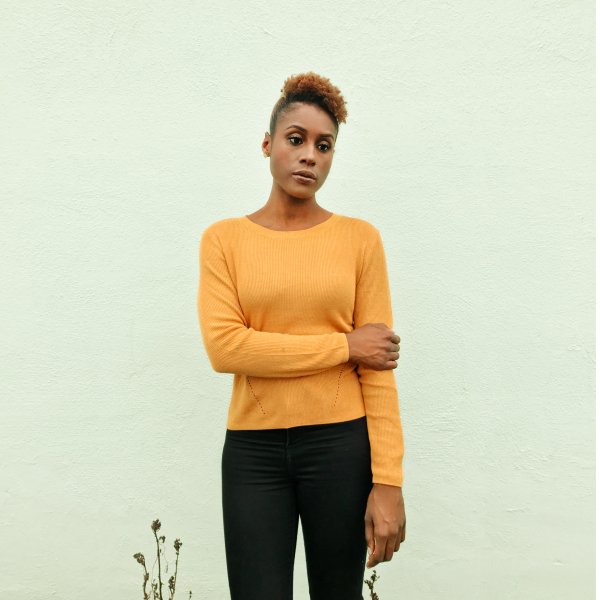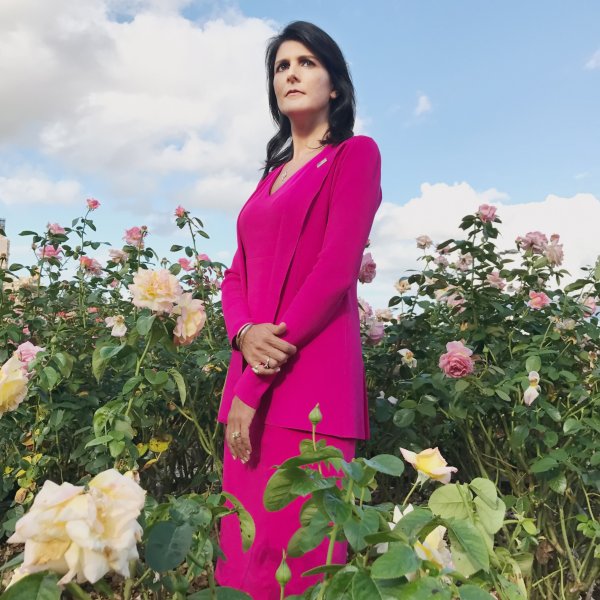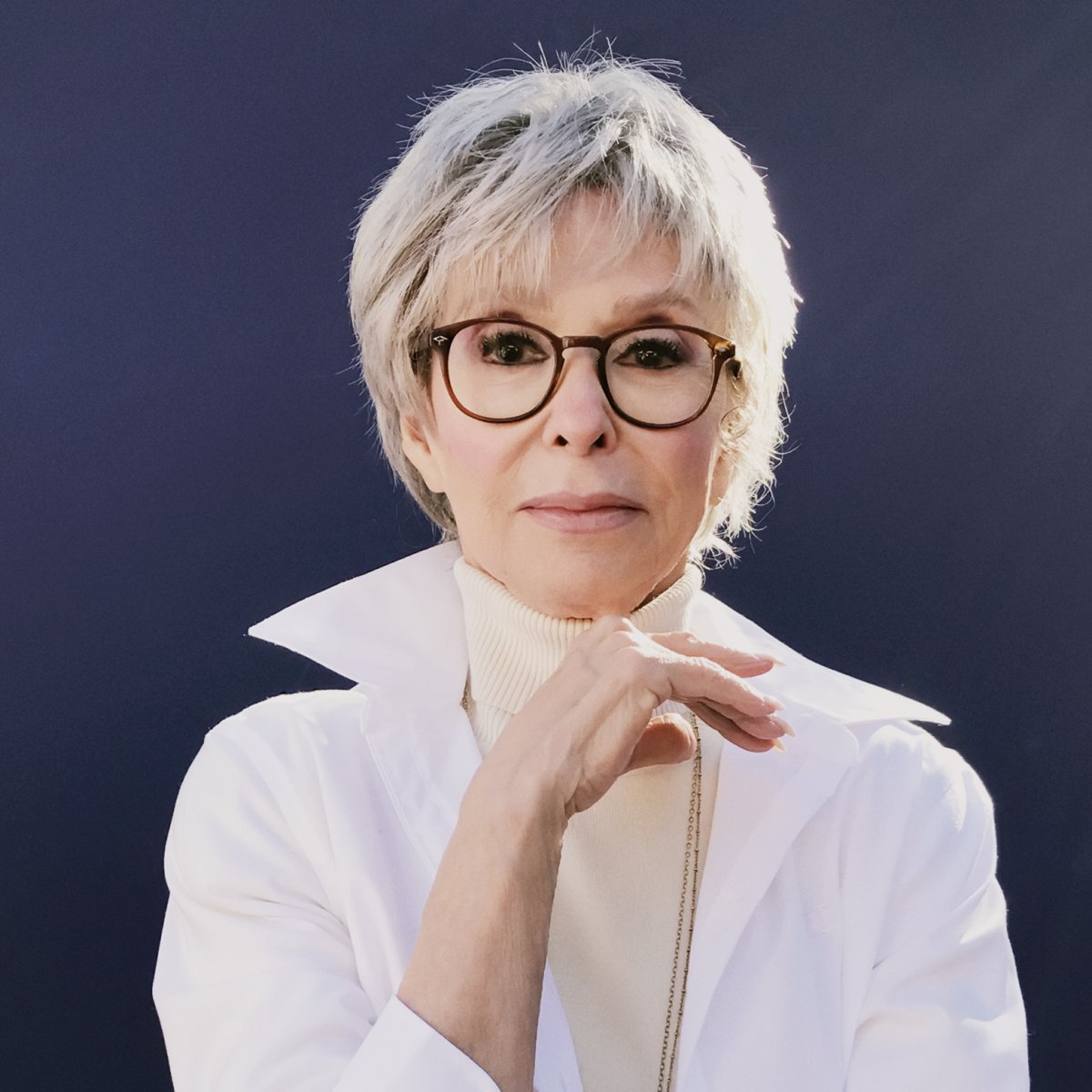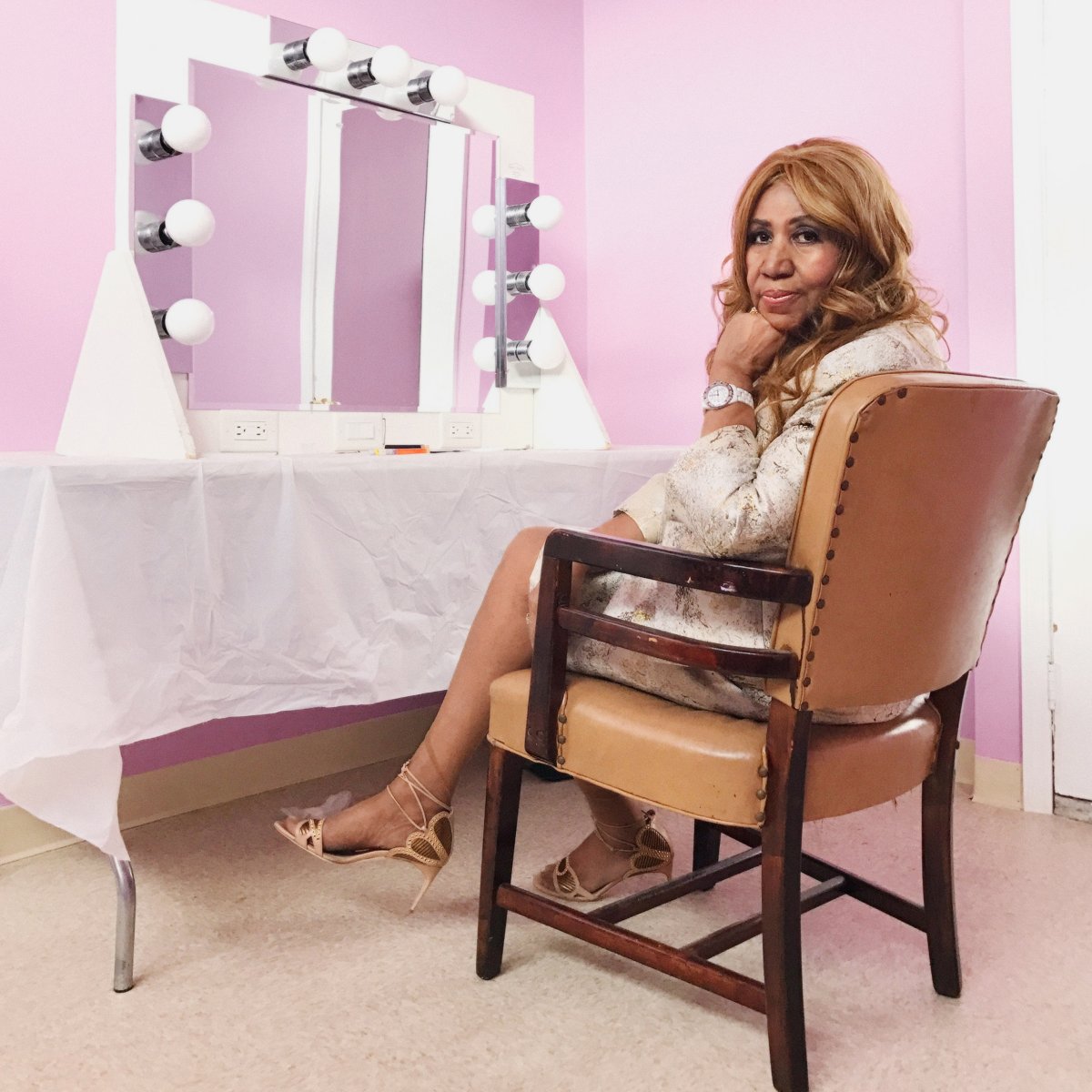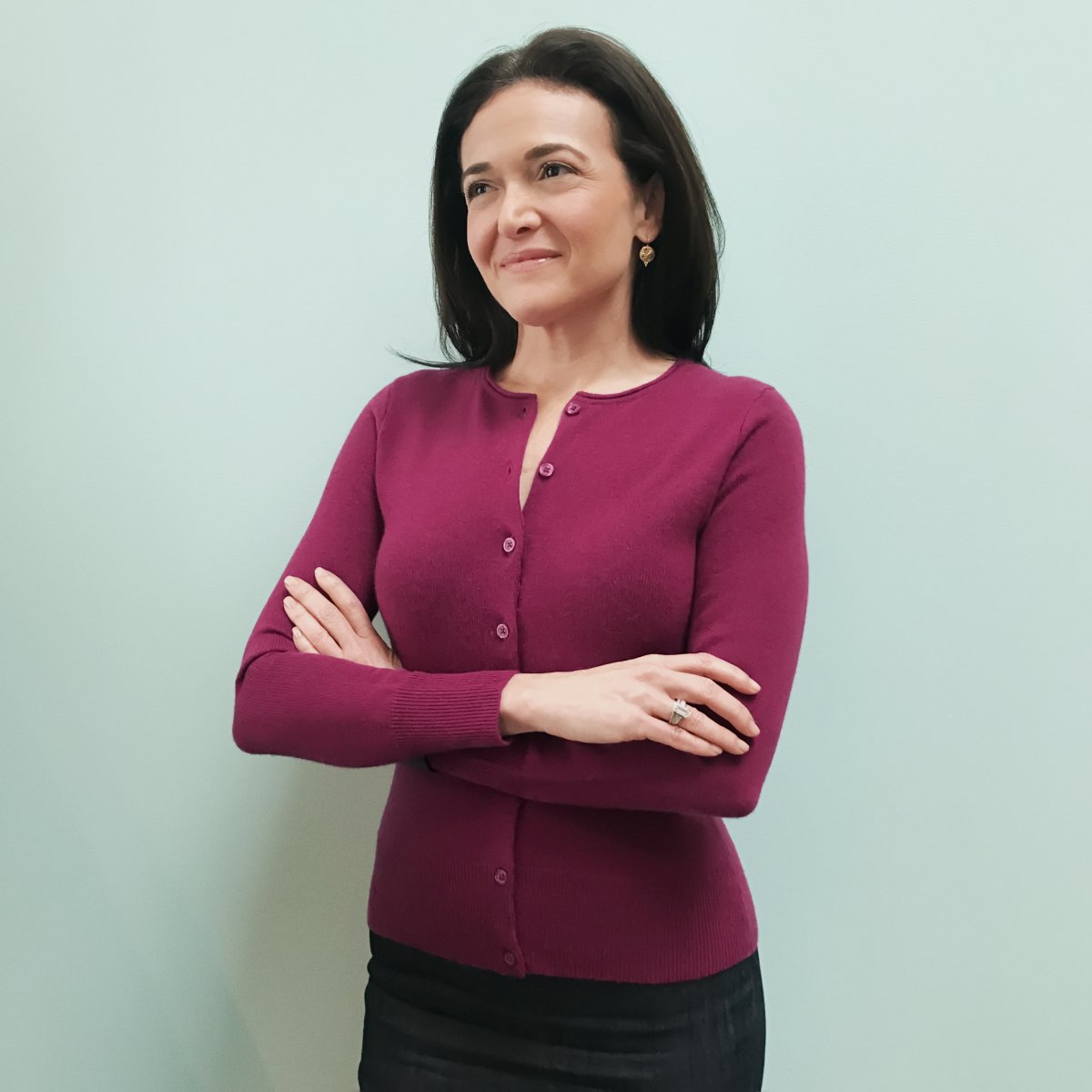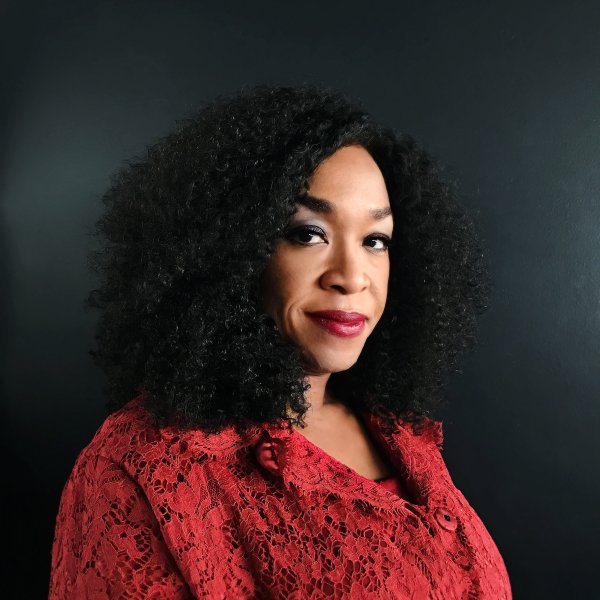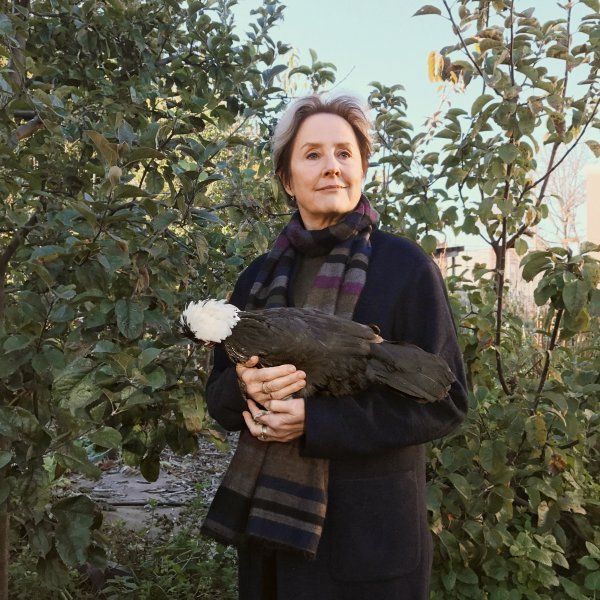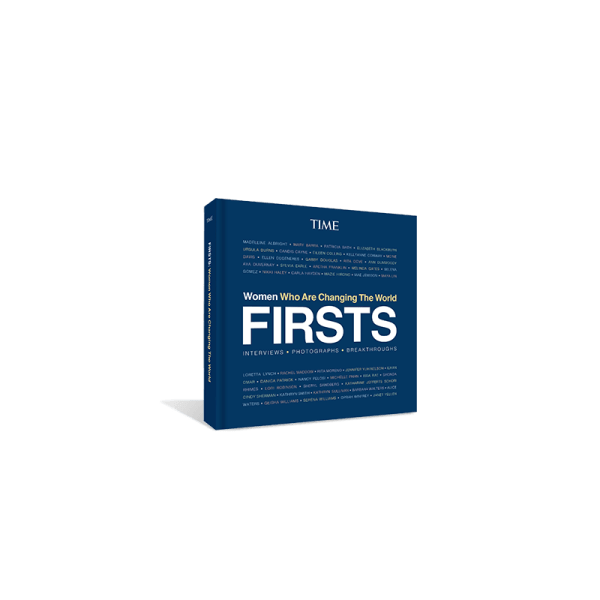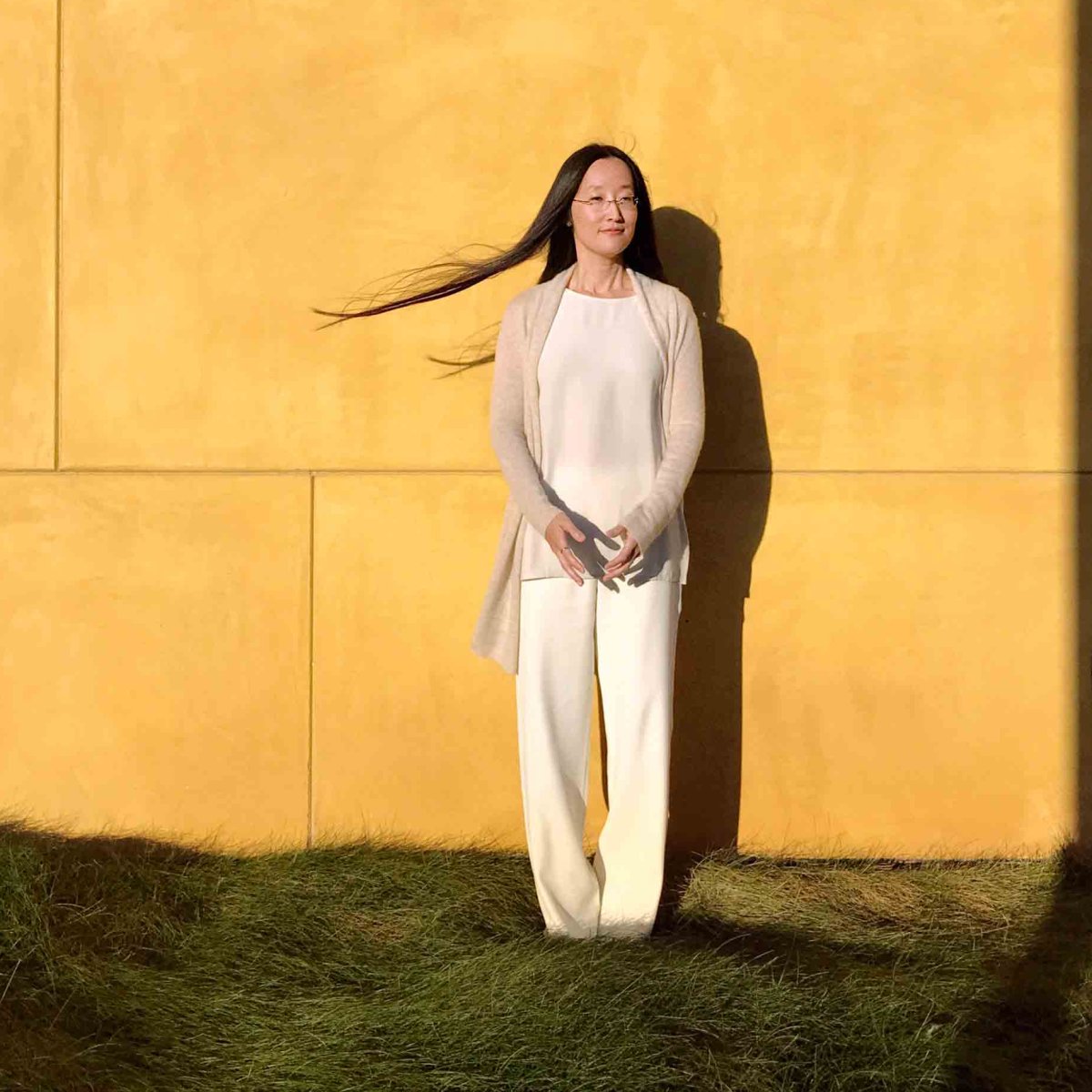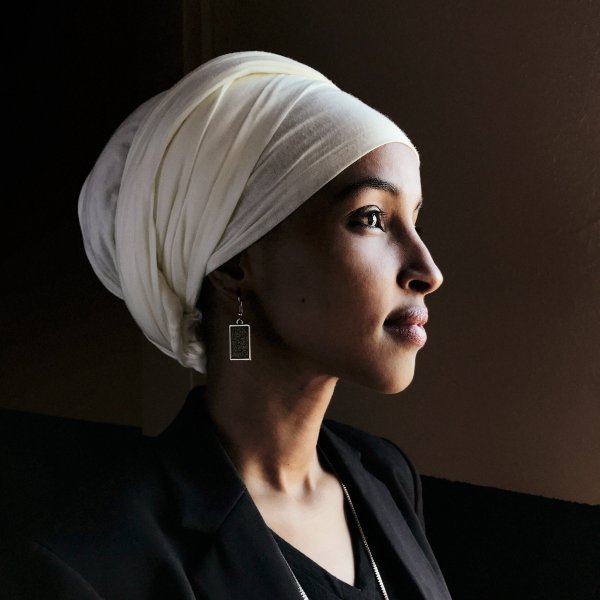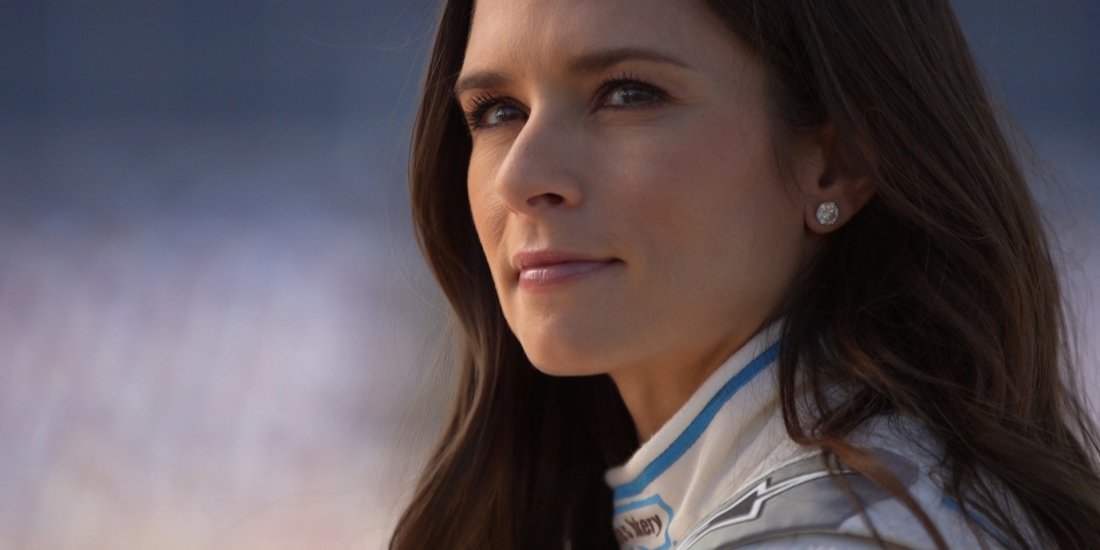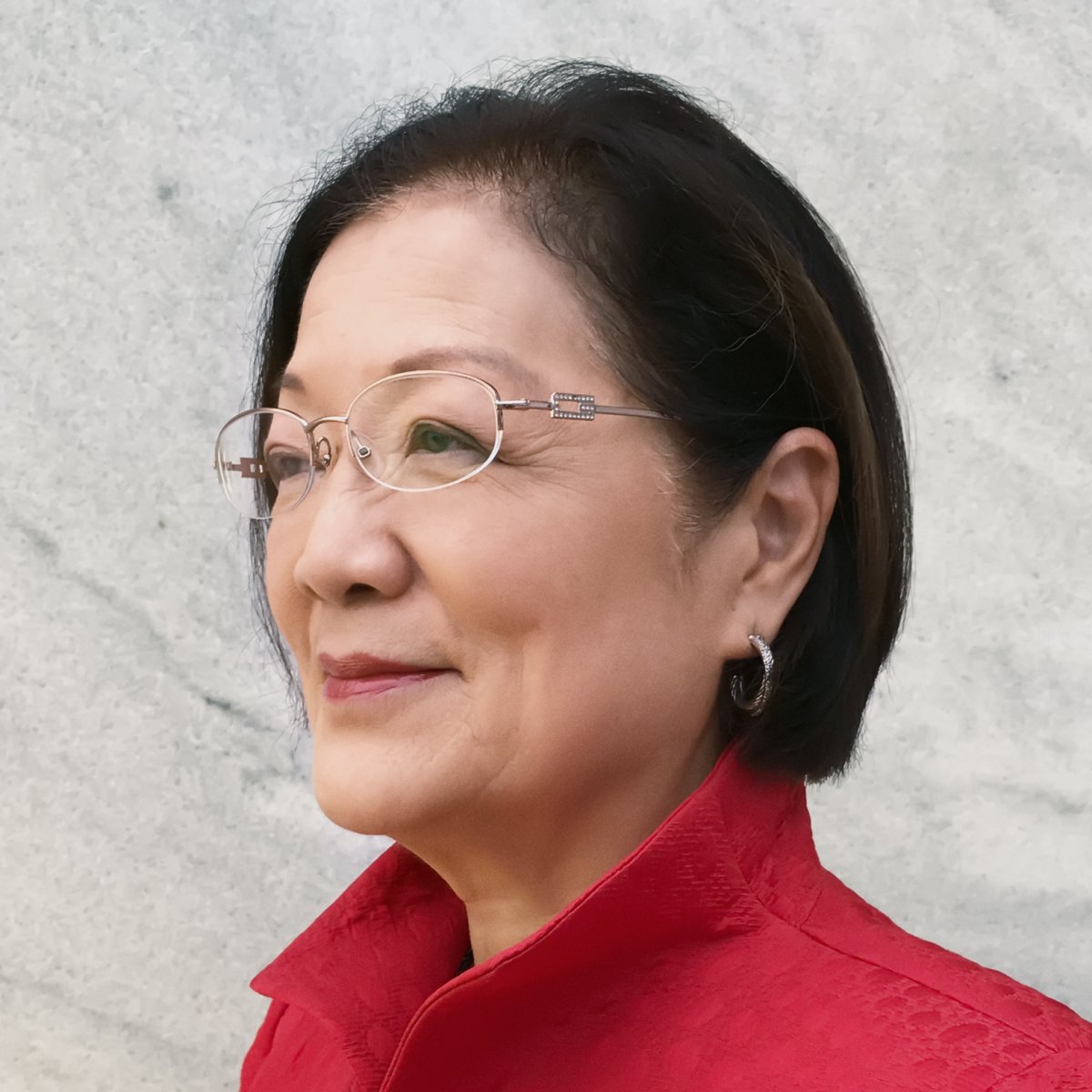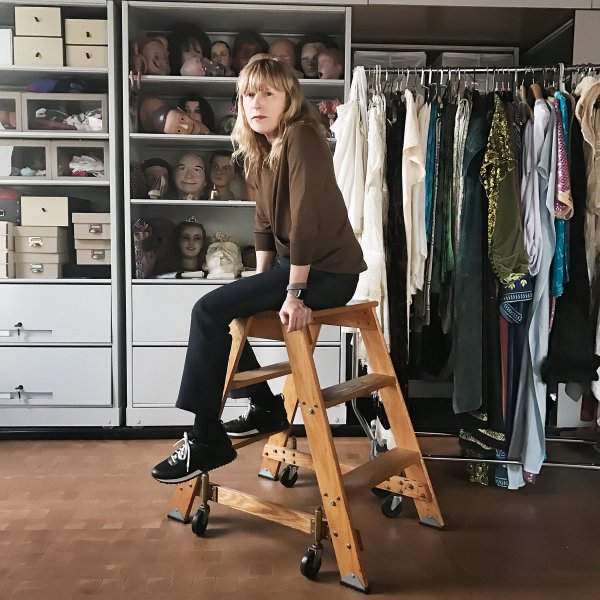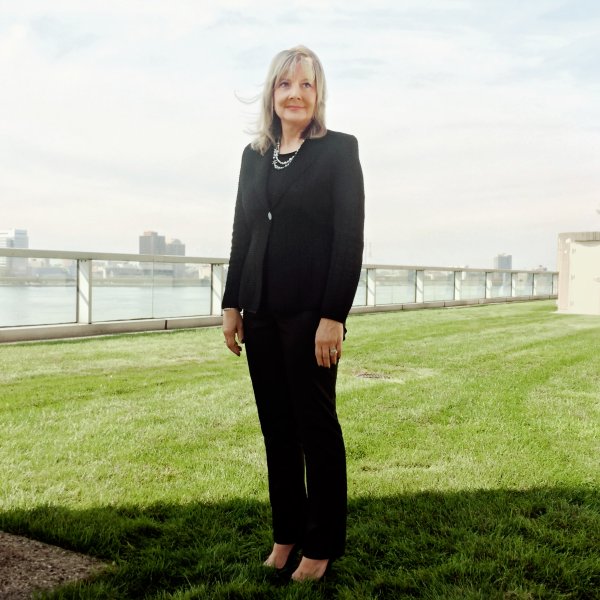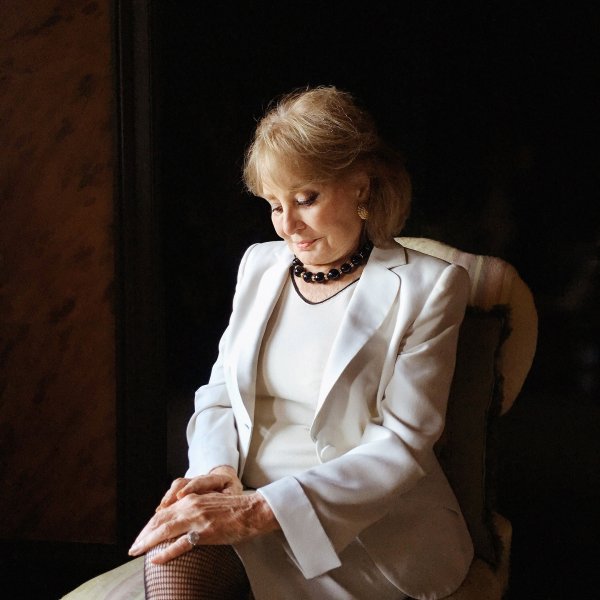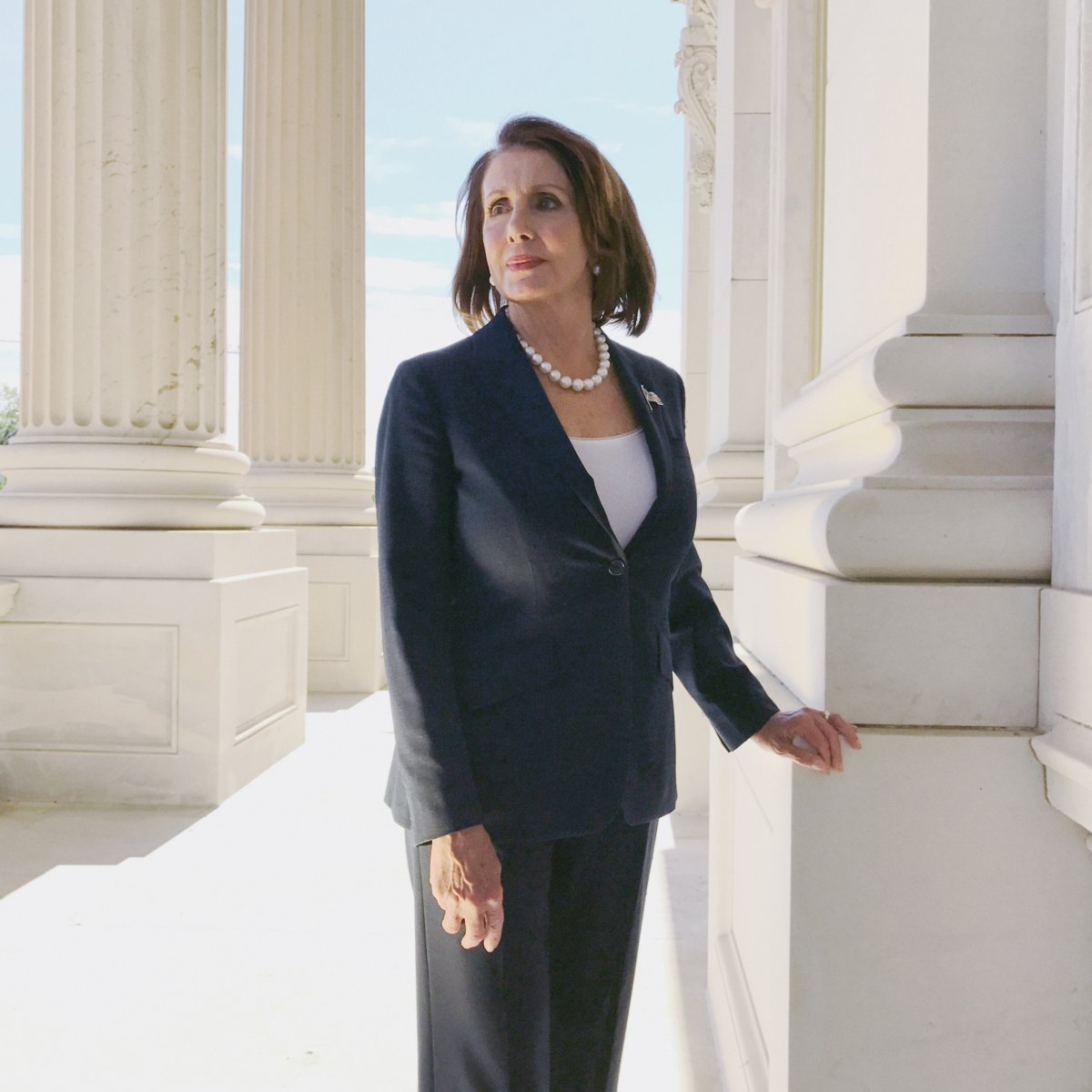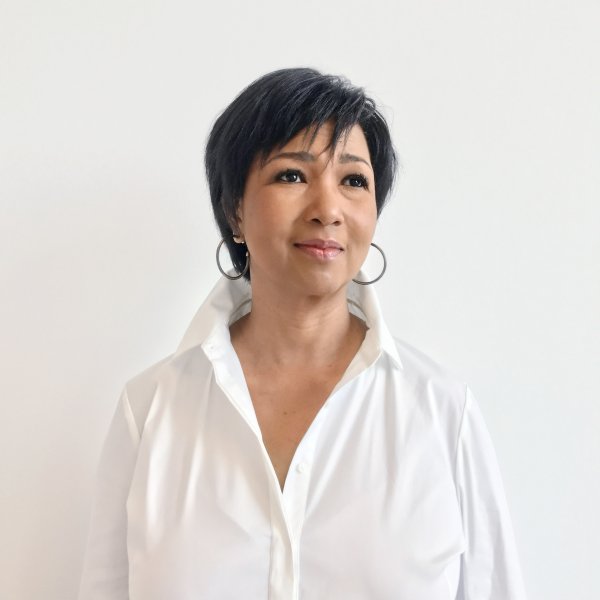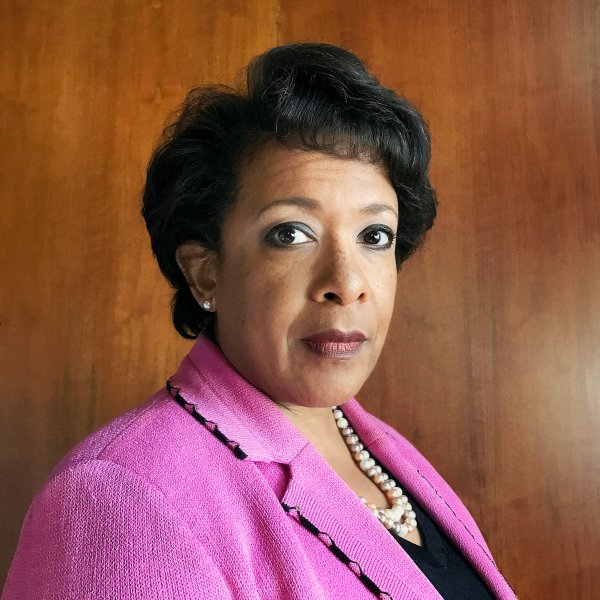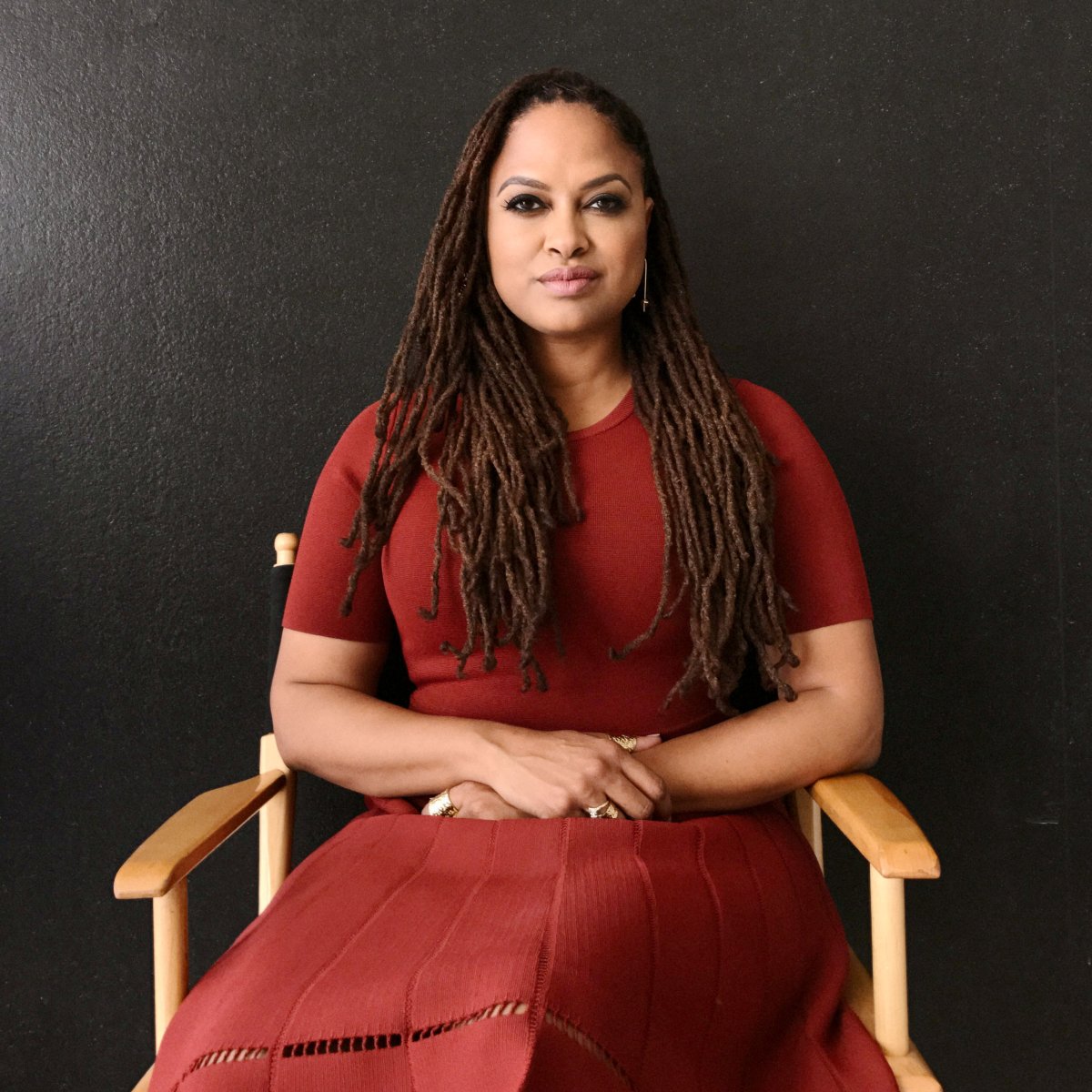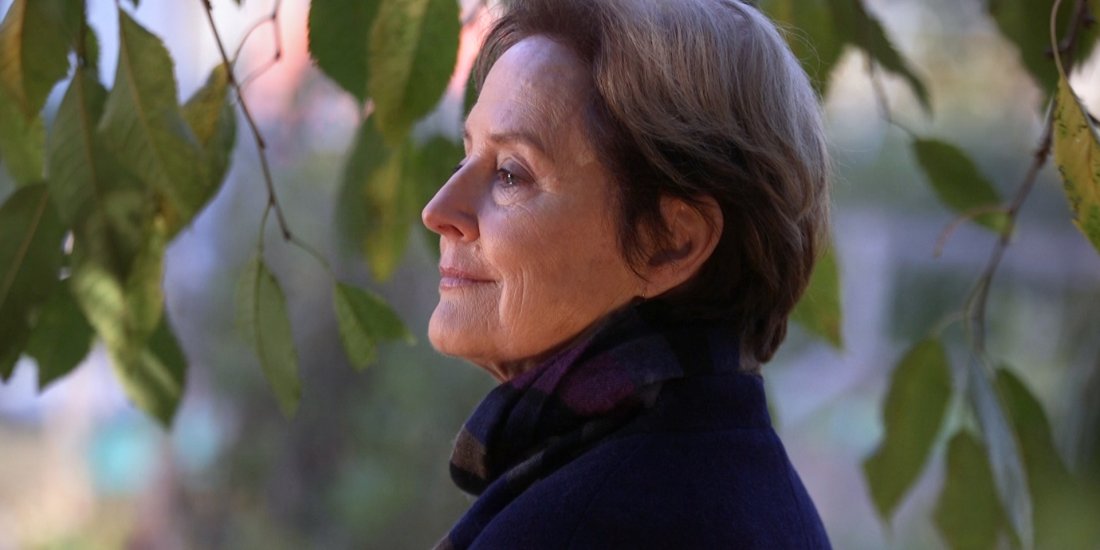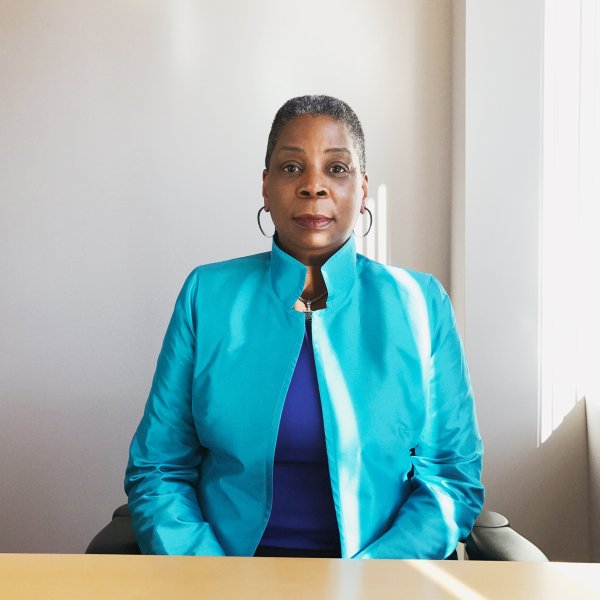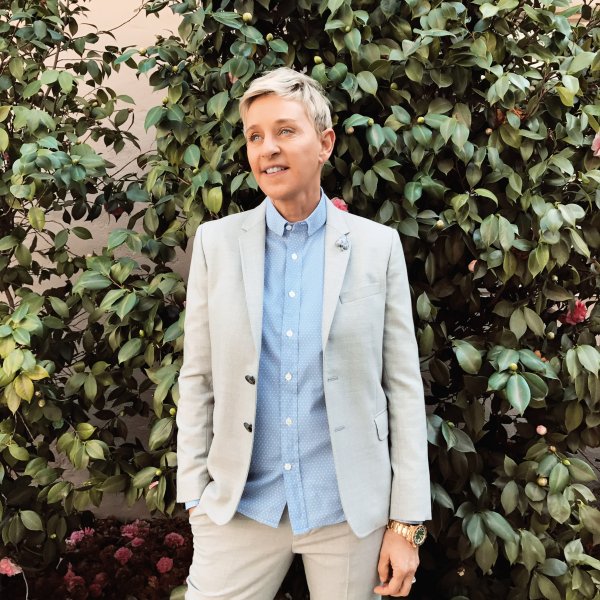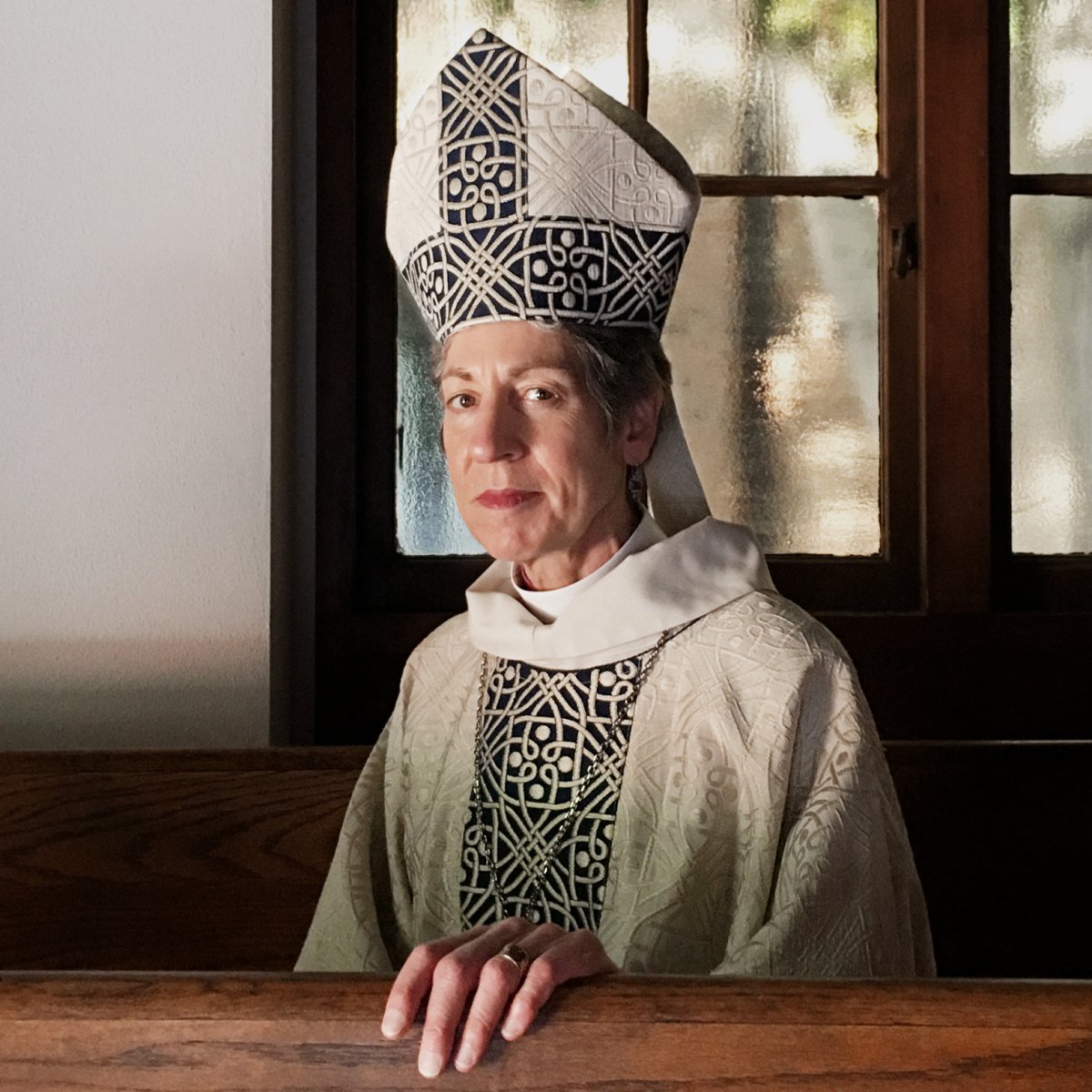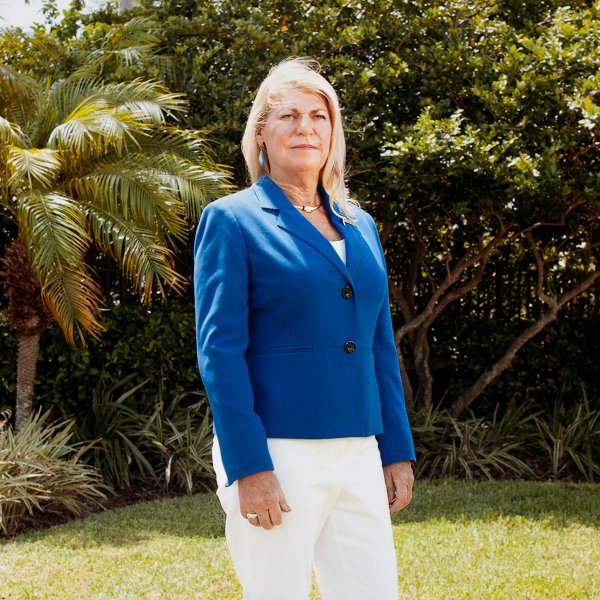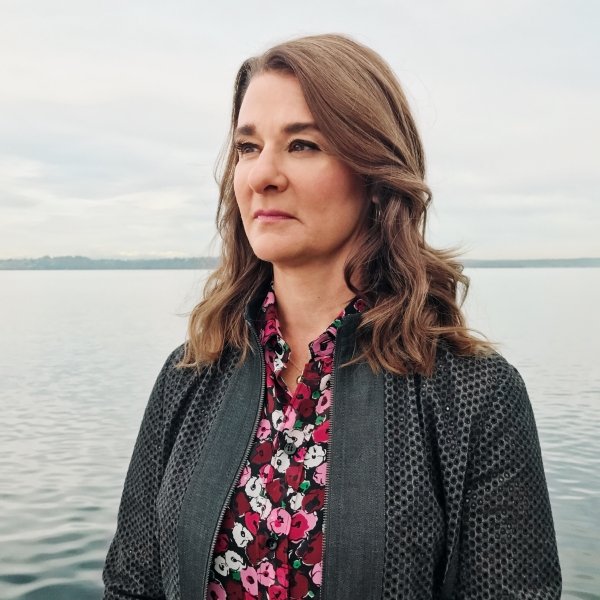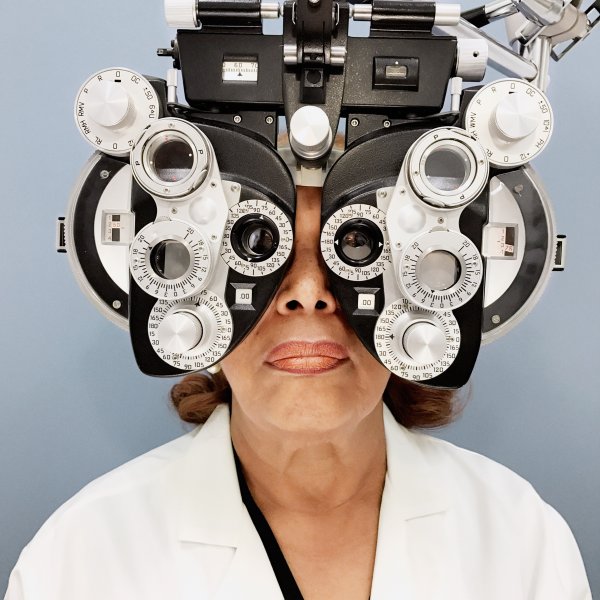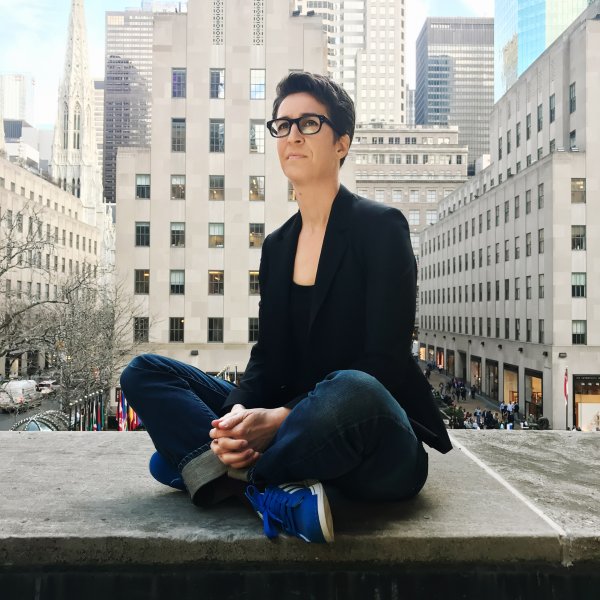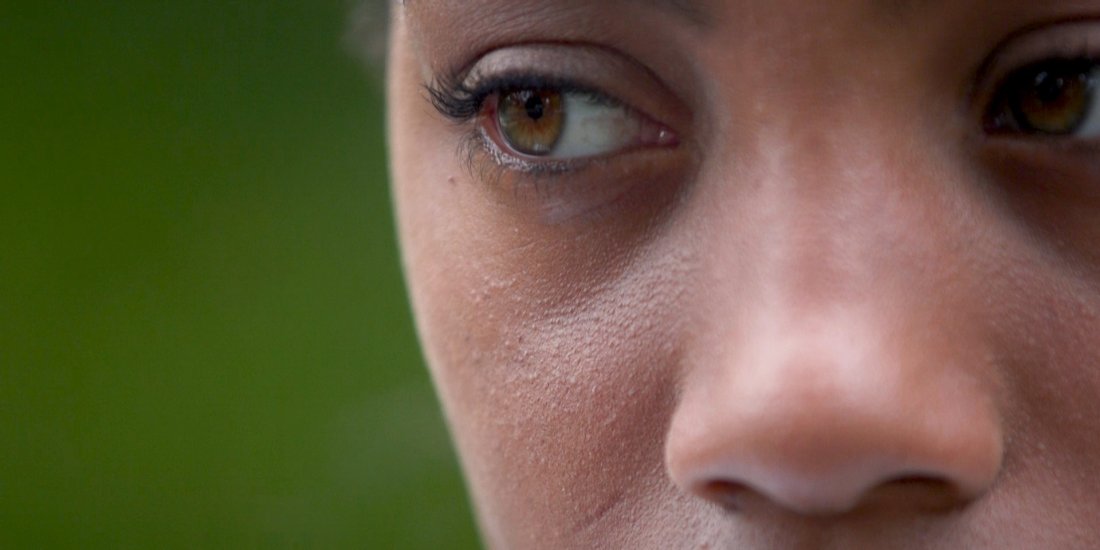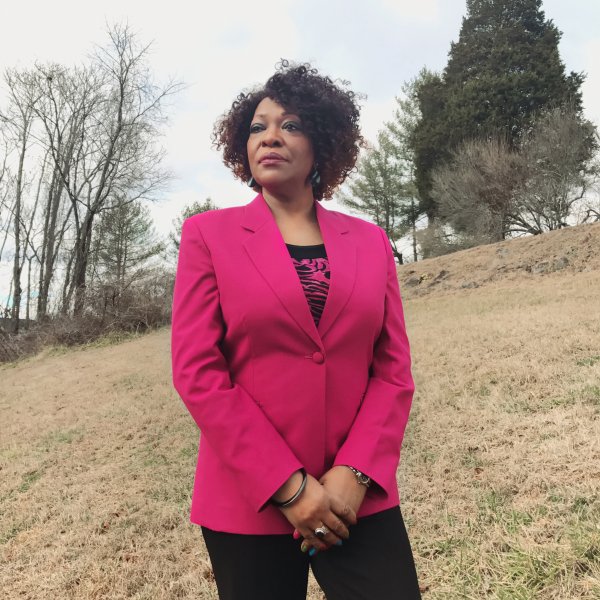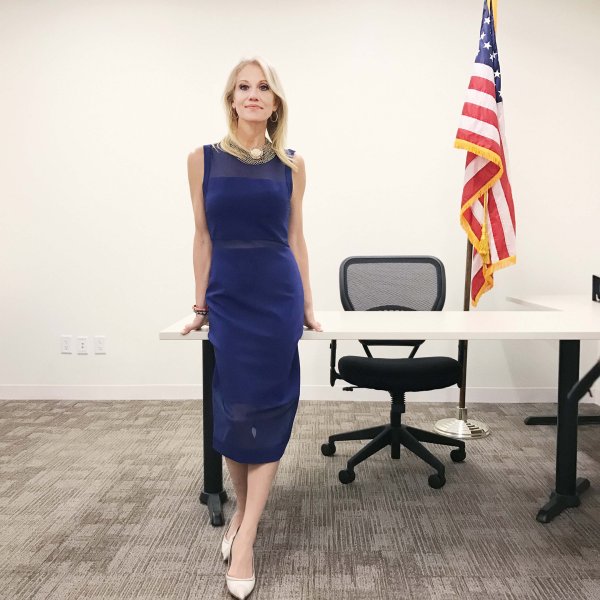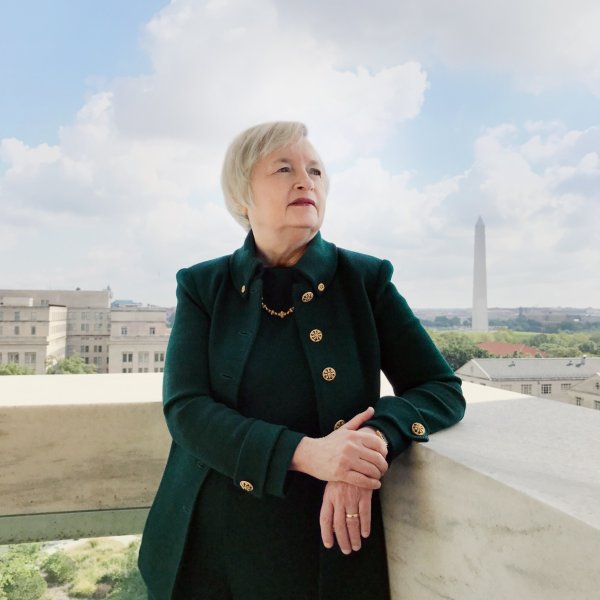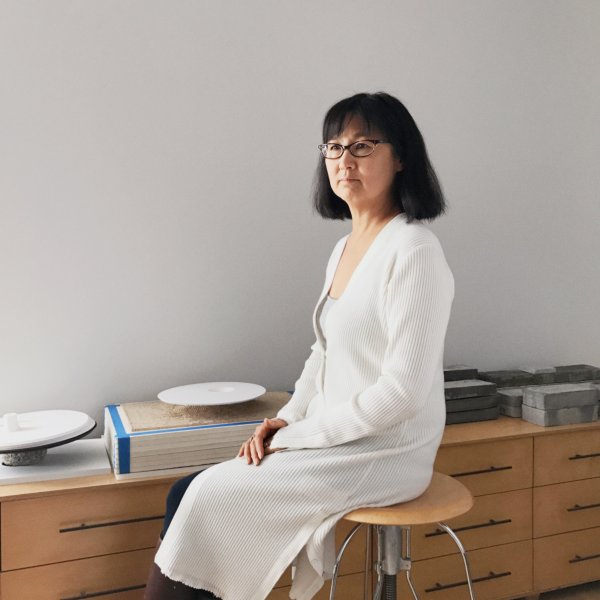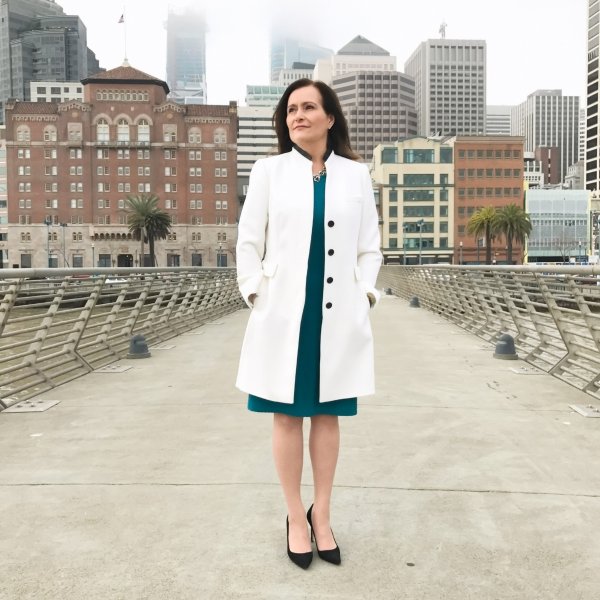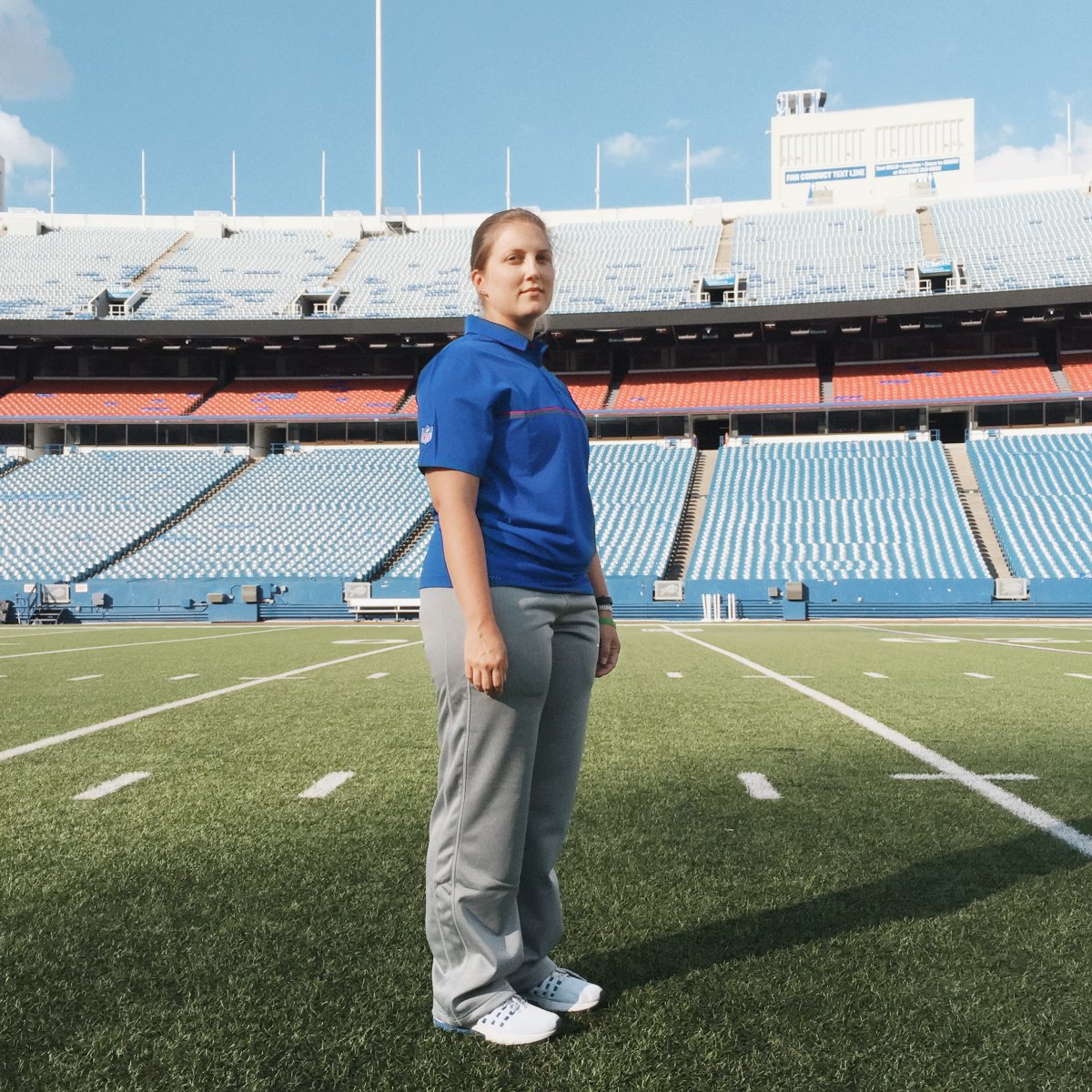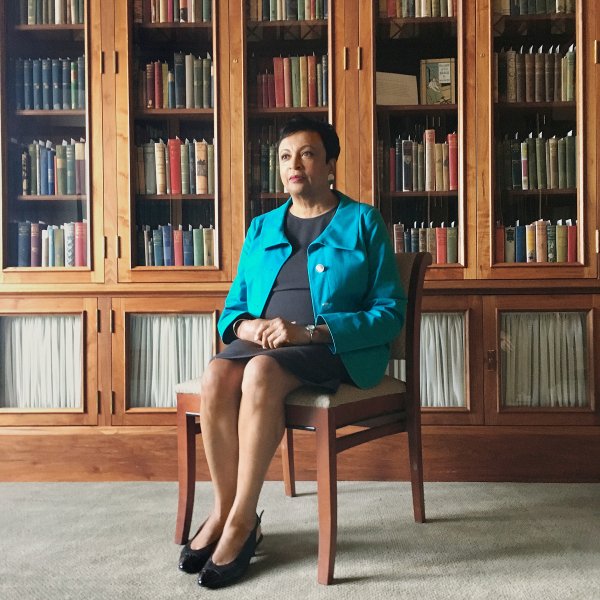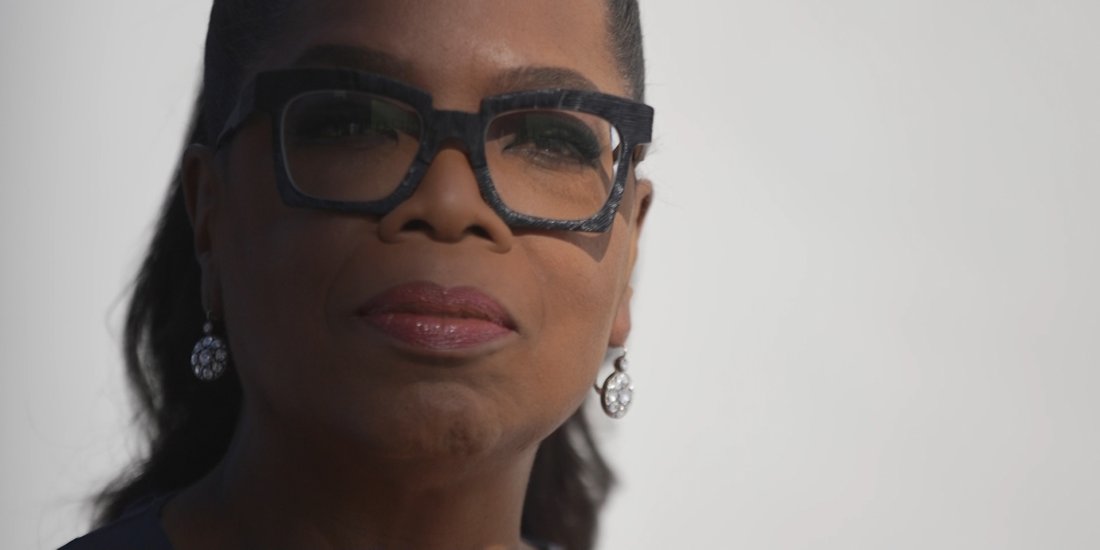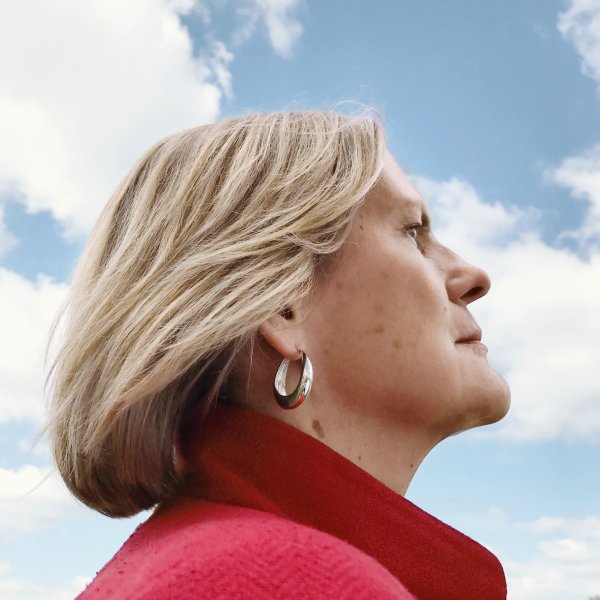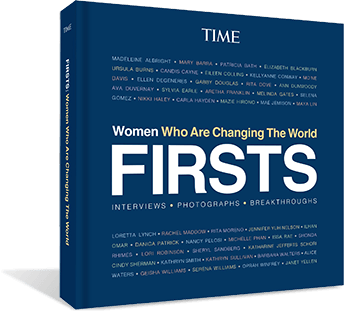The Actor
Rita Moreno
First Latina to win an Emmy, a Grammy, an Oscar and a Tony
Interview
‘I have a feeling that remarkable women very often have remarkable parents.’
Nobody said I was going to be a star someday. Especially not in this country. I was just a Puerto Rican child. But I knew I was going to be very active in show business. I loved it. I was dancing for my grandpa from the time I was 4 or 5 years old in Puerto Rico.
My mother came to this country before I did. She left me with my father after she divorced him. My mother knew almost no English. She had no education whatsoever. But she had one skill. She could sew like a demon. She got a job in New York in a sweatshop. Within four or five months of coming to this country, she made some money, and she took the ship back (you did not fly in those days, who could afford it?) to Puerto Rico to bring me to the United States. She was a remarkable woman. I have a feeling that remarkable women very often have remarkable parents.
My mother was a delightful, enthusiastic, vivacious woman. She loved to laugh. She was filled with a kind of joy that you sometimes wondered where she got it, because she had such a hard time.
My mom helped me out in any way she could. She made all my clothing, all through my days at MGM. She made all my costumes. She was really good at it. She was unstoppable. And yet she was not a show-business mother. She was a very Latina woman who adored her daughter and did everything she could for me. She maybe did too much for me.
I was a very passive young woman, and I let everybody in the world tell me what to do. And I listened to the next person who said, “Well, you know what you really should do is …”
It did not serve me in good stead to say the very least. If I had had a manager, probably this person would have said to me, “O.K., you’ve played enough of those ‘native’ girls, now let’s say no each time that’s offered to you.” But all I knew was that that was the only kind of employment I could get, so that’s what I did. And so for years and years, I was really very miserable and hurt that I was only seen in one way and having to speak always, always with an accent. I couldn’t even audition for anything that wasn’t a “native” girl.
Managers in those days only handled big stars. You rarely heard of a young starlet who had a manager. So I had no advice from anybody. I had agents, and agents—if you’re unlucky and I was one of the unlucky ones—are job-getters. They’re not career-makers.
That’s when you really feel helpless. You see a script, you see a small role for a young woman, you say, “Oh, I could play the heck out of that.” And your agent says, “They don’t want to see you.” That’s heartbreaking.
It also makes you very angry. So I was a very, very angry and resentful young woman for quite some time. And that’s something that I had to really work on to try to, if not get rid of, at least temper in psychotherapy.
I pat myself on the back a lot for having been in eight years of therapy. It’s very easy to just say, “I don’t need this, I already have enough problems.” But to face them and then to talk about them? It’s very, very difficult to face your own terrible feelings about yourself.
I had no real role model. There was nobody that I could look up to and say that’s somebody like me. There was no such person. Which is probably why I’m now known in my community as La Pionera, “the pioneer.”
I really don’t think of myself as a role model. But it turns out that I am to a lot of the Hispanic community. Not just in show business but in life. But that’s what happens when you’re the first, right?
I can tell you very sincerely that I’m envious of the new generation of Latina actresses because they didn’t quite have to go through what I did. And I sometimes will actually say to myself, to be very honest, “It’s not fair.”
I have done nothing else in my life except perform. Which is unusual because almost everyone I know has been a secretary, an X-ray technician, something, anything in order to make a living. And I actually was able to make a living from almost the beginning, being paid for what I loved most to do.
I call myself the hardware shelf. There’s a lot of awards and honors there. And I have earned that. I didn’t ask for it, I didn’t beg for it, I didn’t pay for it. I earned that. People see the accomplishments—but it’s good to remind people that so much strife and labor and tears and heartbreak came before that, that it really is earned. That’s why I talk about this with ease. And I don’t even mind saying that I’m envious, because I’ve earned that too.
I’m trying as hard as I can to keep pushing the boundaries of what a woman is capable of doing. And it turns out there’s a lot we can do. There’s a lot we can speak about. The way we’re perceived is still in the ancient times, but I think we’re on our way. We now feel so strong, and that we’re entitled to feel as we do, whatever it happens to be. No one’s going to tell me how to make my own choices. For too many years, everybody told me what to say and what to do and how to be.
Moreno is one of 12 people to have won an Emmy, a Grammy, an Oscar and a Tony, known as an EGOT. She received the Presidential Medal of Freedom in 2004.
